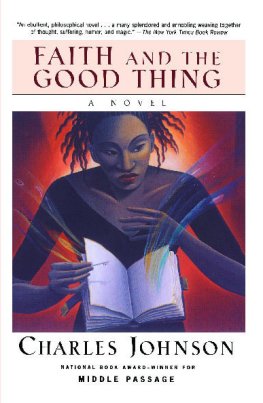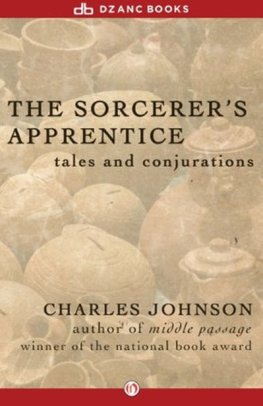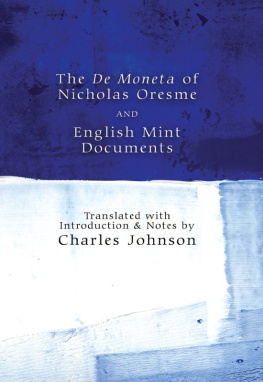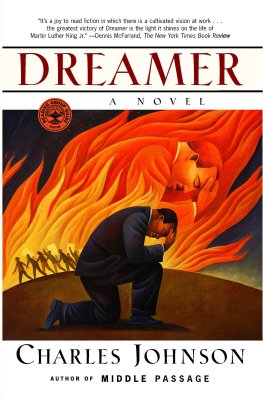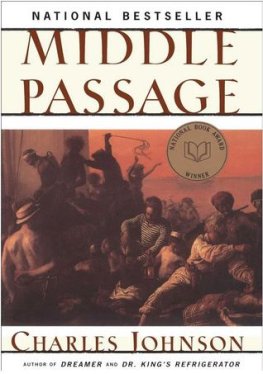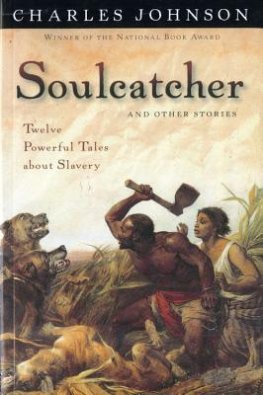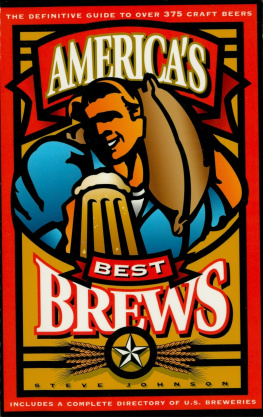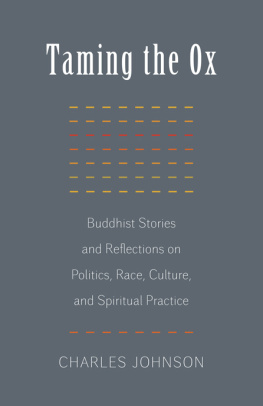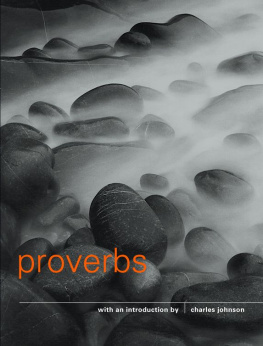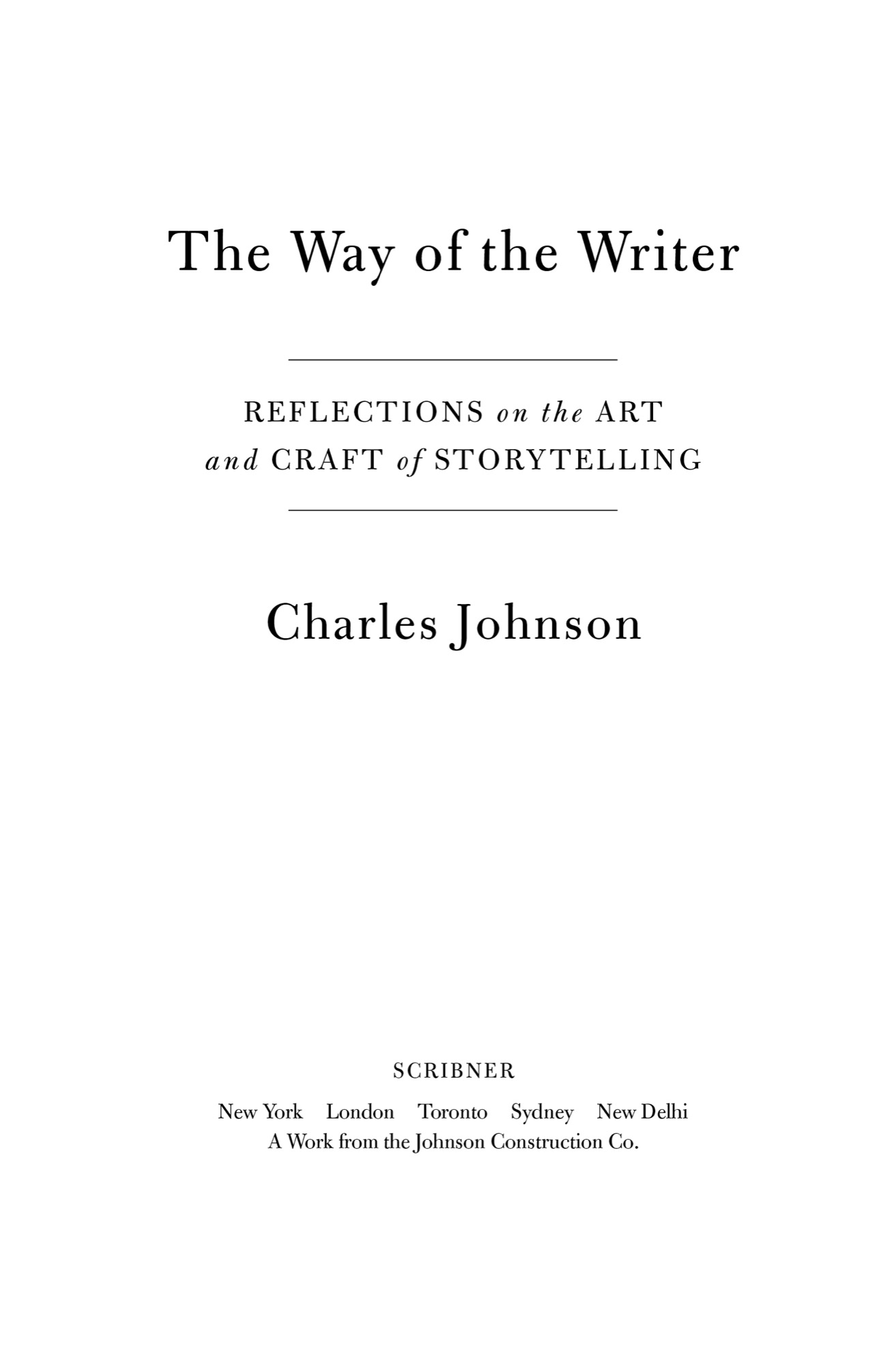Thank you for downloading this Scribner eBook.
Join our mailing list and get updates on new releases, deals, bonus content and other great books from Scribner and Simon & Schuster.
C LICK H ERE T O S IGN U P
or visit us online to sign up at
eBookNews.SimonandSchuster.com
We hope you enjoyed reading this Scribner eBook.
Join our mailing list and get updates on new releases, deals, bonus content and other great books from Scribner and Simon & Schuster.
C LICK H ERE T O S IGN U P
or visit us online to sign up at
eBookNews.SimonandSchuster.com
Contents
For Dr. Joseph W. Scott, a restless, relentless seeker of knowledge about the writing craft.
Introduction
We shall not cease from exploration
And the end of all our exploring
Will be to arrive where we started
And know the place for the first time.
T. S. Eliot
At the end of 2010, the poet E. Ethelbert Miller, who was recently inducted into the Washington, DC, Hall of Fame for his contributions to literature and public life, presented me with a proposal that at first glance might have seemed preposterous. He asked if he could interview me for an entire year. Actually, his idea really wasnt all that outrageous because he and I were corresponding daily, e-mailing each other our thoughts and feelings about literary news, politics, and culture. This electronic dialogue no doubt came about because as two black men only two years apart in age, we had traversed the same cultural, intellectual, racial, and political landscape since the 1950s. We had much in common, and Ethelbert was uniquely suited to be the interlocutor in this unusual enterprise of intensely examining a single writers life and work.
I say this about Ethelbert Miller because it is very difficult to find someone in the writing community, here or abroad, who has not been touched by his unselfish contributions to literary culture since the late 1960s. A Washington Post feature on Miller once referred to him as Mr. 411, the person you contact if you have a question about literary artists in this country. For two generations now, he has devoted himself to the support of other writers, young and old. In the literary world, he is an activist who is as ubiquitous as airpublishing poetry and memoirs, columns and social commentary, chairing the board for the Institute for Policy Studies, a progressive think tank, directing until recently the African American Resource Center at Howard University, and editing Poet Lore , the oldest poetry magazine in America. For him art is spirit work aimed at realizing the beloved community that Martin Luther King, Jr., envisioned. He works as indefatigably as W. E. B. Du Bois, and his work is always in support of social justice and bringing to the community of literary artists on this continent (and other continents) a spirit of cooperation, not competition; compassion, not indifference; and idealism, not cynicism. He cares about everyone.
So in January 2011 we began the project that the literary scholar Marc Conner, provost at Washington and Lee University, said allows readers to spend a year in the writers house. For twelve months, Ethelbert dutifully read my novels, short stories, and essays, and asked me more than four hundred questions about every subject under the sunliterature, meditation, Buddhism, teaching, martial arts, the civil rights movement and Martin Luther King, Jr., contemporary and canonical writers, films, poetry, Sanskrit, my personal habits, American history, technology, sex, race, the state of black America, the love of dogs, science, philosophy, the Culture Wars, comic art and my 1970 drawing show on PBS, Charlies Pad , fatherhood, and the literary world weve both labored in for so long. On and on, the questions came. I answered around 218, my posts growing longer and more detailed, becoming mini-essays, when I realized at some point that Ethelbert had given me an unprecedented opportunity to set the record straight in regard to my thoughts and feelings about a galaxy of subjects Id studied or reflected on since childhood. Four years after this collaboration these reflections were reborn in the 672-page tome The Words and Wisdom of Charles Johnson (Dzanc Books, 2015).
From several readers of Words and Wisdom , and from Ethelbert himself, I kept hearing that from the original work a more focused manual on the craft of creative writing and storytelling could be conjured. Slowly but surely, this suggestion began to make sense to me. Over the years, Id published articles on literary craft, but no book devoted to the subject. After holding the S. Wilson and Grace M. Pollock Endowed Professor of Writing Chair at the University of Washington, directing the creative-writing program, editing the periodical the Seattle Review (197898), serving on the board of the Associated Writing Programs, and mentoring countless undergraduate and graduate students in fiction writing, I retired from teaching in 2009. For thirty-three years I led a teachers life, but Id left no record for those decades of pedagogy.
This book is that record. While Ive used on these pages the original essay-posts from 2011, often keeping Ethelberts original questions as prompts, Ive generally revisited them to expand and elaborate on their contents. Five years ago, we conducted our experiment in a creative heat that inspired a relaxed, spontaneous, and conversational feel for the essays.
As I reread my discussions of literary craft with Ethelbert, I realized that Ive been widely publishing fiction and nonfiction (and drawings) for fifty-one years, starting in 1965 when I was seventeen. Since high school, Ive spent my days and nights immersed in a creative process that is always rewarding because it is an exercise in problem-solving and discovery that utilizes all of ones intellect, emotions, and imagination. If there are rules for writing well, they are at best provisional insofar as each instance of a well-done story teaches us anew what a story can be and the possibilities for invention and innovation. The universe of storytelling is capacious enough to comfortably contain all forms of entertainment, low and high, literary and pulp, transcendent and trashy, visionary and pedestrian (and some works, of course, embody that entire range or continuum of creative expression all at once).
So it has always seemed to me that rigid formulas and rules serve us less well than a certain temperament or natural predisposition. What do I mean by that? I mean, simply, that one must begin with a genuine love of art.
In order to prepare oneself for a life devoted daily to creatingand it is important to envision oneself engaged in this activity day and night, 24/7, until ones last day on Eartha prerequisite is the joy we experience when discovering and creating something new. That joy, or passion if you like, naturally leads to wanting to know, experience, and understand the creations of others. Like a thread that is pulled on a garment or the limbs of a tree branching out, you are inexorably led from your own individual canvases to the work of others in your field, present and past, from all cultures and countries, all traditions and styles, and all periods of human history, regardless of the race, class, or gender of these creators. The necessity for this is both selfless and selfish, the first just because one loves the experience of beauty (which is a form of truth) wherever one finds it; but there is selfishness here, too, insofar as the catholic exposure to the rich diversity of art, literary or otherwiseart that is our human inheritanceexpands ones own technical skills for solving problems that creators have universally faced in composing their compositions. The tragedy of aesthetic positions based on political or racial ideologies is not merely that they constrict and limit consciousness, nor that they are sadly separatist in a world demonstrably of interconnectedness, but rather they are unsatisfactory because they impoverish the toolbox of ideas, techne , and strategies that a prolific artist must draw from when faced with a lifetime of creating in many genres and forms.
Next page

